A European agenda for space: resilience, security and sovereignty
Past event In person
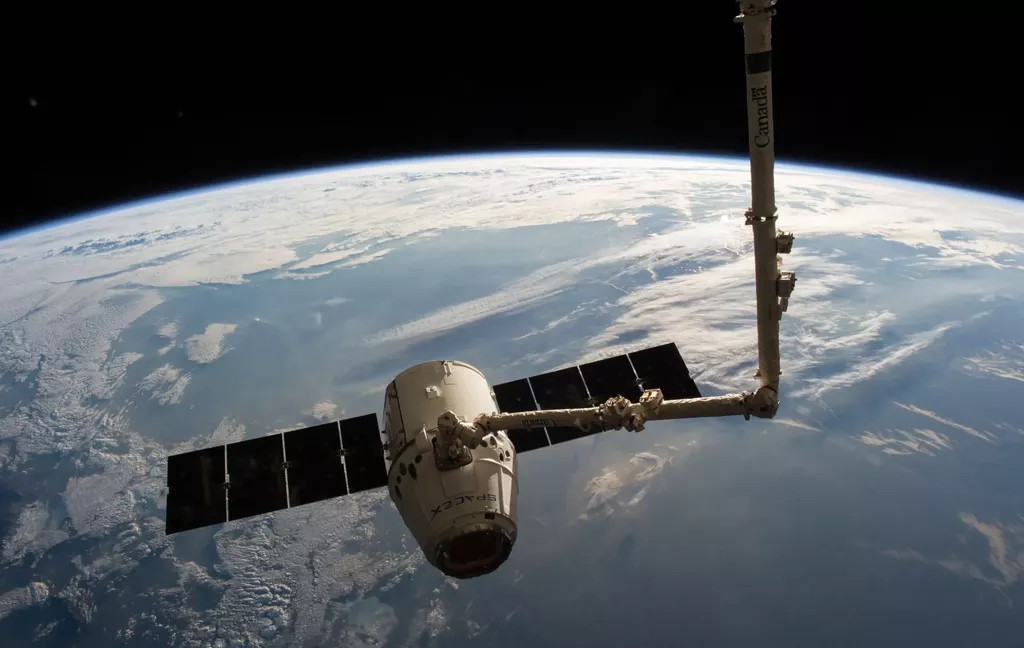
- Area of Expertise
- Digital & Data Governance
Digital & Data Governance

Managing Director of Spacehubs Africa
Africa and Europe share a complex relationship that is characterised by numerous ties, including intertwined historical, cultural and geographical factors that shape relations. Since the establishment of the African Union (AU) in 2002, Africa and the European Union (EU) have worked to develop common political strategies, policy documents and roadmaps as a basis for cooperation.
Accusations of an imbalanced relationship between Africa and Europe have been numerous and prevalent, particularly regarding trade, investment and development. Historically, Europe has been the dominant partner, with many African countries serving as sources of raw materials and cheap labour for European industries, or as a market for European services and products. This has led to an uneven distribution of wealth and power, with European companies and governments often dictating the terms of engagement. Additionally, European programmes have been criticised for focusing too heavily on top-down solutions rather than building local capacity and empowering communities.
This imbalance has been less pronounced in the space industry, although Europe still focuses primarily on delivering EU satellite services to Africa – particularly in the field of Earth observation (EO) with the Copernicus programme and in Satellite Navigation (GNSS), with the European Geostationary Navigation Overlay Service (EGNOS). In the case of EGNOS, the EU focuses primarily on extending the EGNOS network to Africa using leased Geostationary Earth Orbit (GEO) satellites and providing technical and organisational advice to the Agency for Aerial Navigation Safety in Africa and Madagascar (ASECNA). On the EO front, the Global Monitoring for Environment and Security and Africa (GMES & Africa) programme focuses on adapting the Copernicus programme to the specific needs of the African continent.
Europe must move away from its sole focus of delivering EU satellite services
On 25 January 2023, the African Union Commission (AUC) and the Egyptian government formally inaugurated and declared the African Space Agency (AfSA) open and operational via a signed agreement. While there are still questions surrounding how it would be funded and how it should operate, AfSA’s general scope is articulated in the African Space Policy and Strategy to: (1) create a well-coordinated and integrated African space programme that is responsive to the social, economic, political and environmental needs of the continent, as well as being globally competitive; and (2) develop a regulatory framework that supports an African space programme and ensures that Africa is a responsible and peaceful user of outer space.
In recent years, the EU has moved to unify its space programmes and reduce fragmentation of its space programmes with the new EU Space Programme 2021–2027 and the creation of the EU Agency for Space (EUSPA), which replaced the former European GNSS Agency. Part of this transition has seen the EU place a greater emphasis on the private sector, with EUSPA aiming to create opportunities for EU companies to explore new markets through dedicated procurements, grants and prizes. The motivations and learnings from this transition can be beneficial for the newly launched AfSA.
With both Africa and Europe renewing their partnership commitments at the 6th EU-AU Summit in Brussels in February 2022, it is expected that cooperation at a continental level will continue within existing frameworks of cooperation – including in space. In that regard, the blueprint laid out by GMES & Africa – namely enabling satellite applications for sustainable development, reinforcing local African capacity and ownership in space technologies, and developing African EO capacities in several key areas – should be continued, as this form of partnership follows an equitable and mutually beneficial structure based on shared decision-making.
However, for the ensuing collaboration with AfSA to be even more productive, Europe must move away from its sole focus of delivering EU satellite services and rather provide additional support that focuses on the following elements.
Developing a partnership with Africa on an equal footing requires Europe to view Africa as more than a market for its products and services
Helping enable the African private space sector: EUSPA and ESA could develop co-financing solutions that encourage commercial partnerships between EU and African companies. This could include an added layer of sharing best practices and learnings from a commercial, investment and legislative perspective.
Promoting knowledge sharing: EUSPA and ESA can facilitate the exchange of technical and organisational expertise and knowledge between its staff and AfSA staff. This could involve organising joint training programmes, workshops and conferences that enable administrators, scientists and engineers from both agencies to learn from each other.
Encouraging participation: EUSPA and ESA can encourage the participation of African entrepreneurs, scientists and engineers in its research programmes and activities, as well as in its public procurement tenders. This could involve offering scholarships and internships to Africans, as well as inviting Africans to participate in scientific missions and projects.
Advocating for funding: EUSPA and ESA can advocate for increased funding for AfSA from African governments and international donors. This would ensure that AfSA has the resources it needs to develop its own space capabilities and programmes. Co-financing solutions encouraging commercial partnerships between EU and African companies could also be explored.
This approach provides AfSA with more structural support to enable it to develop African solutions and satellite services independently, as well as stimulates the African private sector. For Africa to fulfil its own potential in space, AfSA needs to develop the necessary internal organisational capacities and support the private sector to develop solutions based on user needs. Given the learnings that Europe has made over the past decades in the space industry, it is well suited to impart its knowledge in this way. Developing a partnership with Africa on an equal footing requires Europe to view Africa as more than a market for its products and services.
The views expressed in this #CriticalThinking article reflect those of the author(s) and not of Friends of Europe.
Past event In person

Next event In person & livestreamed
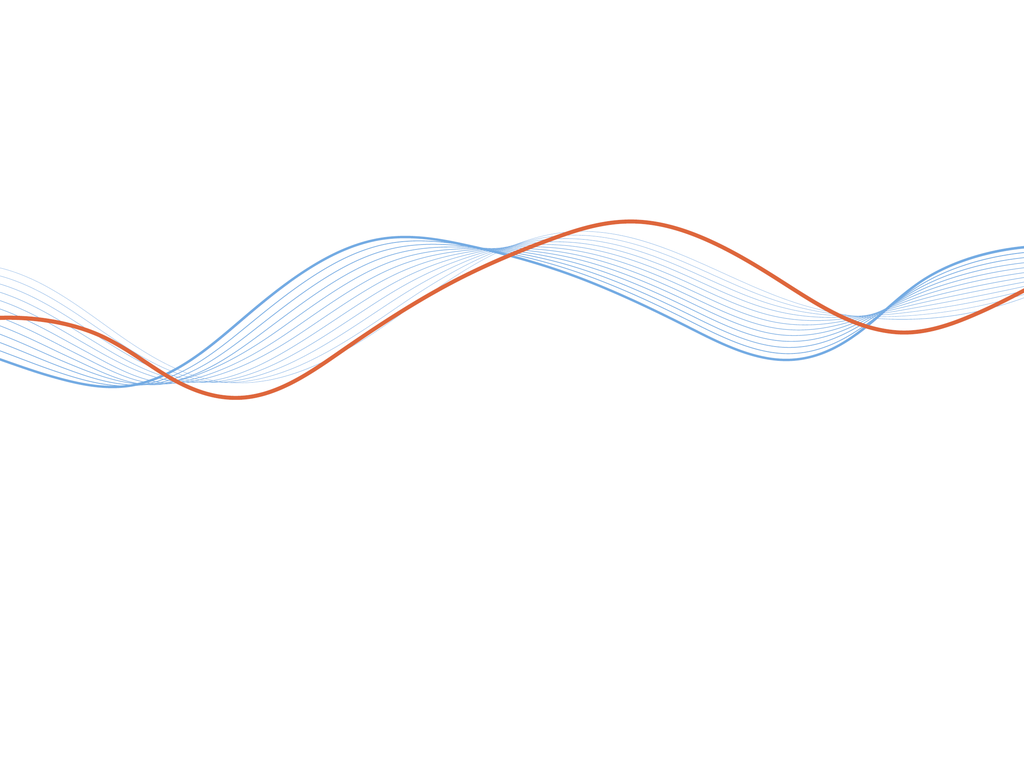
Past event Online
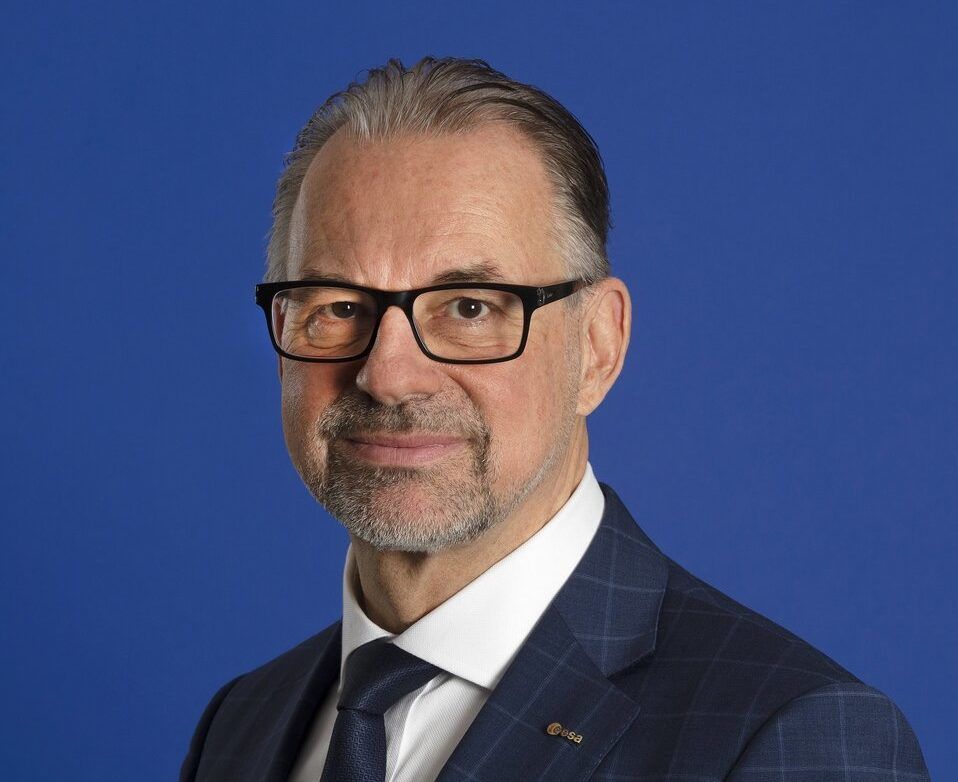
Past event In person

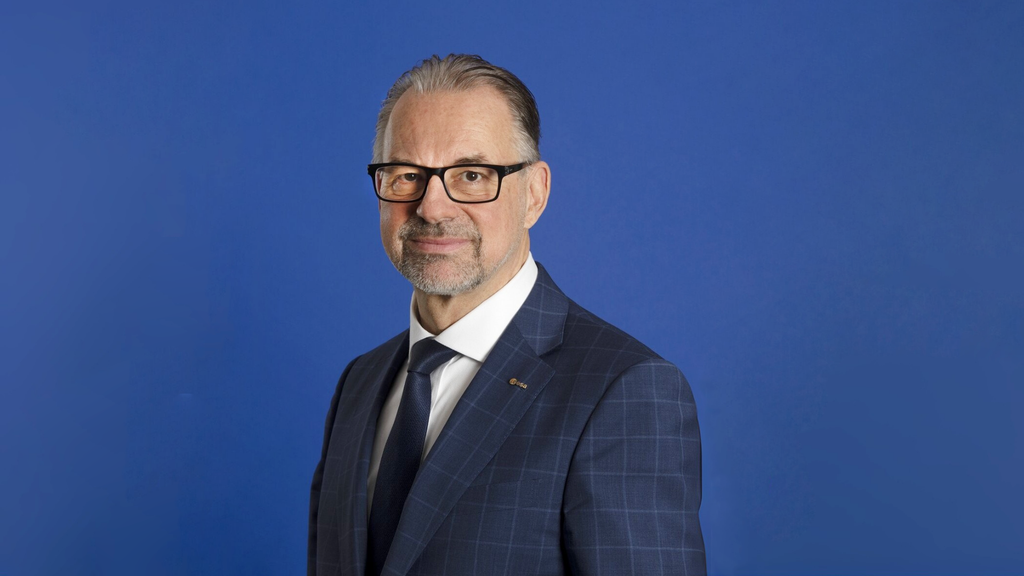
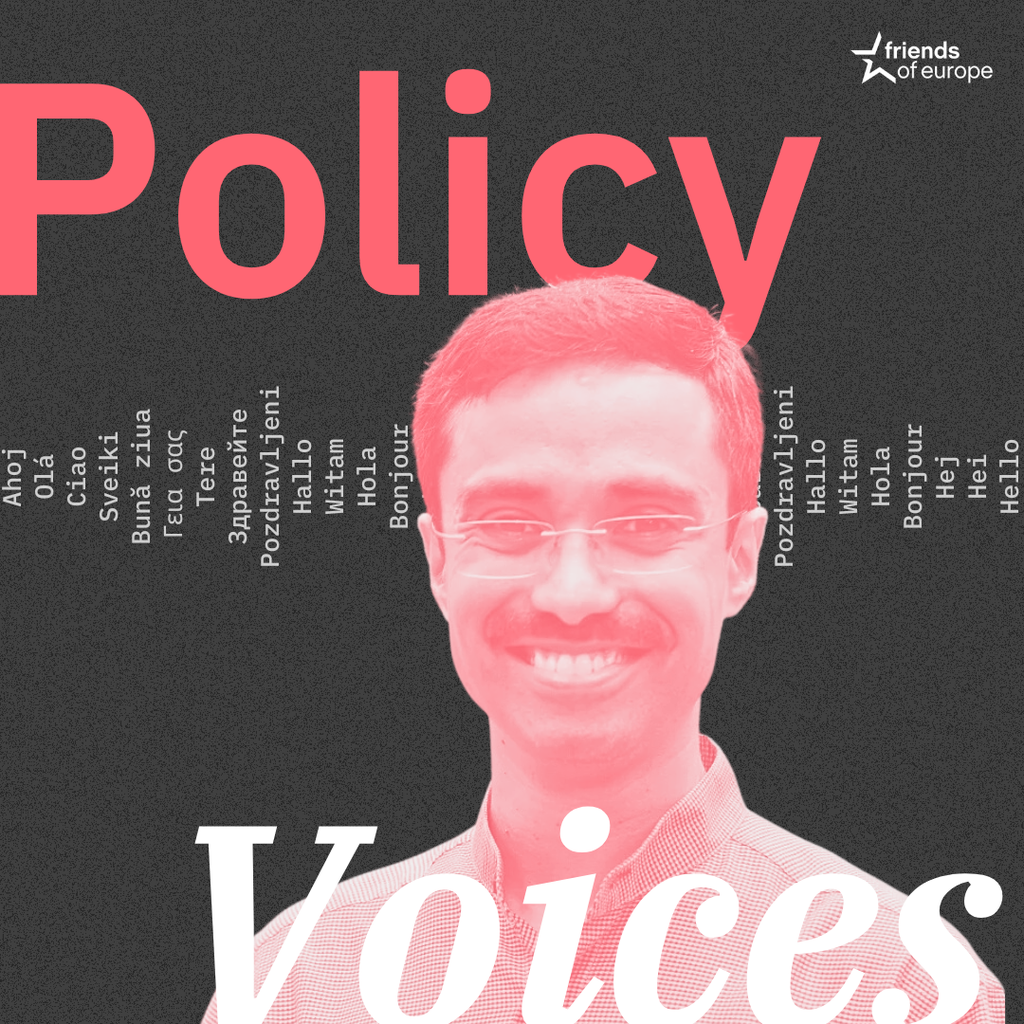
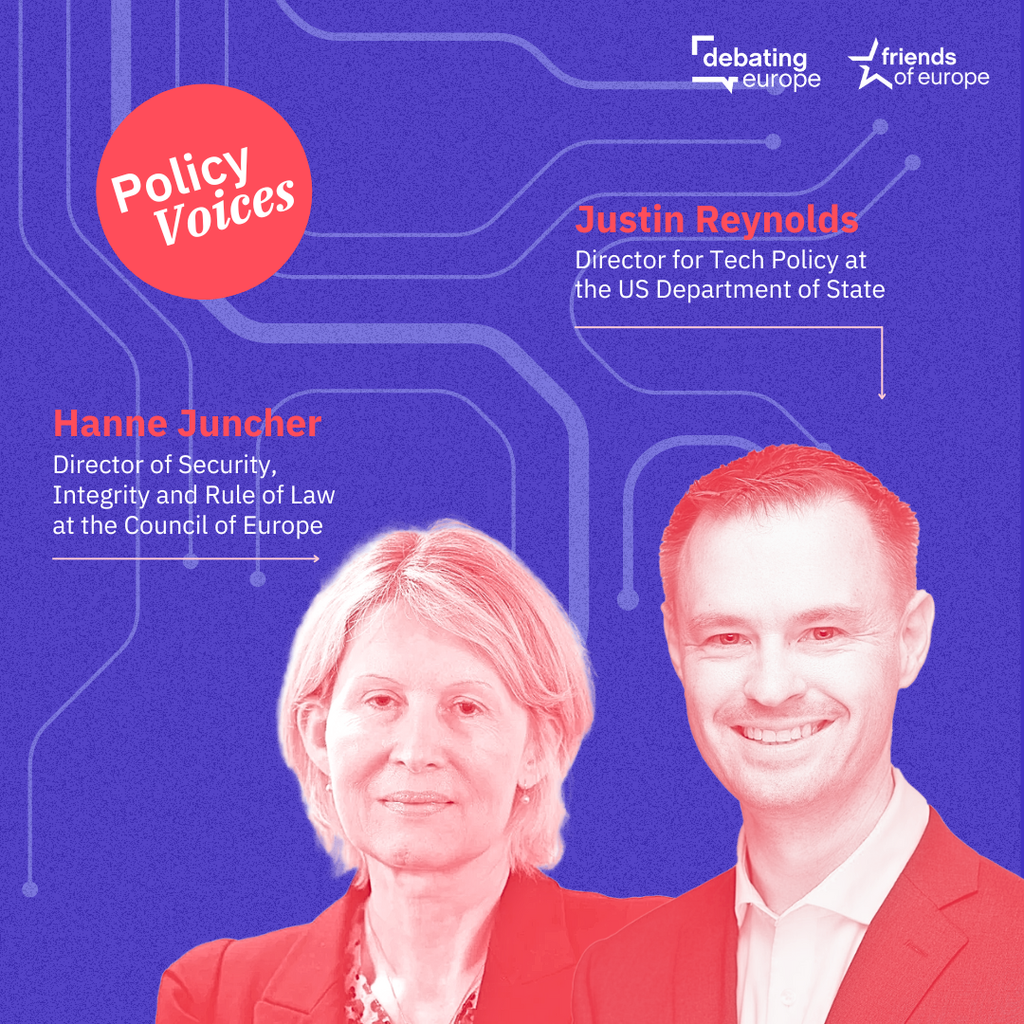

Stay informed
We use cookies and similar technologies to adjust your preferences, analyze traffic and measure the effectiveness of our campaigns. Learn more about our privacy policy.